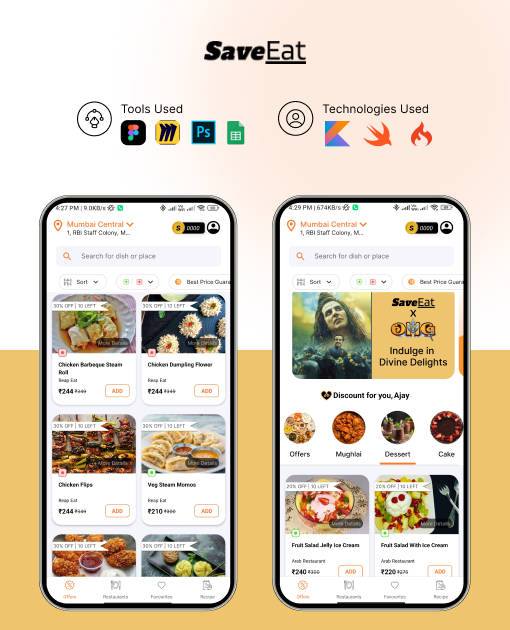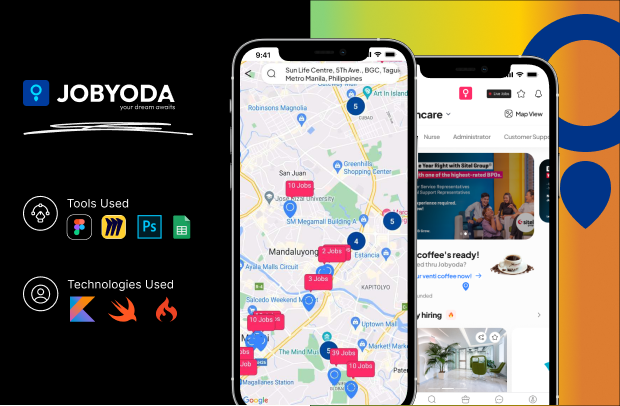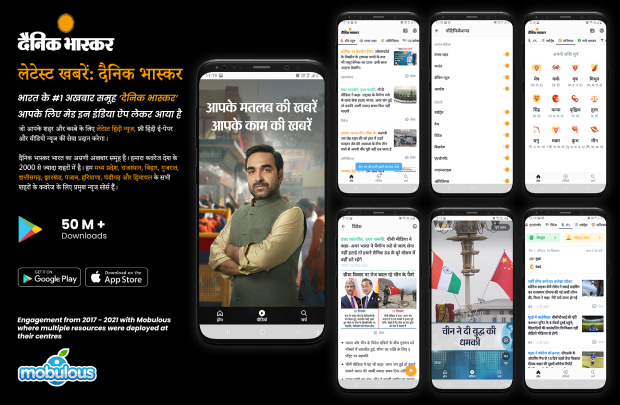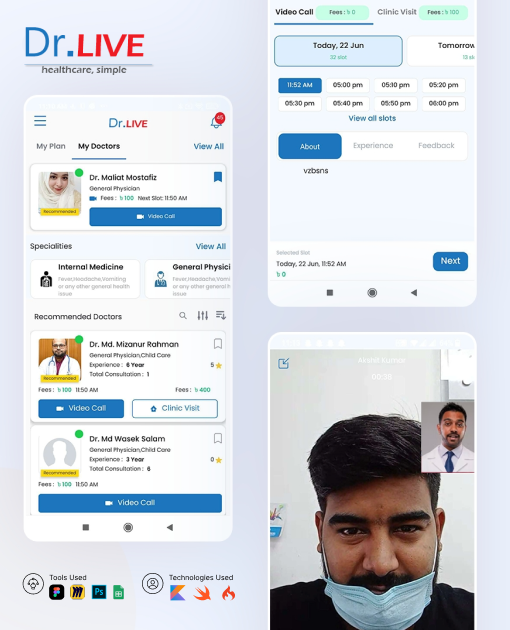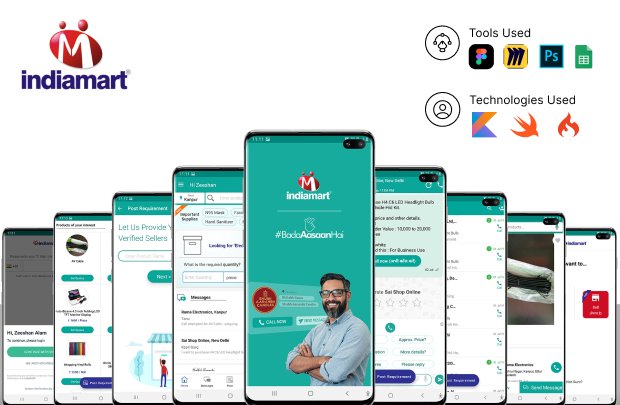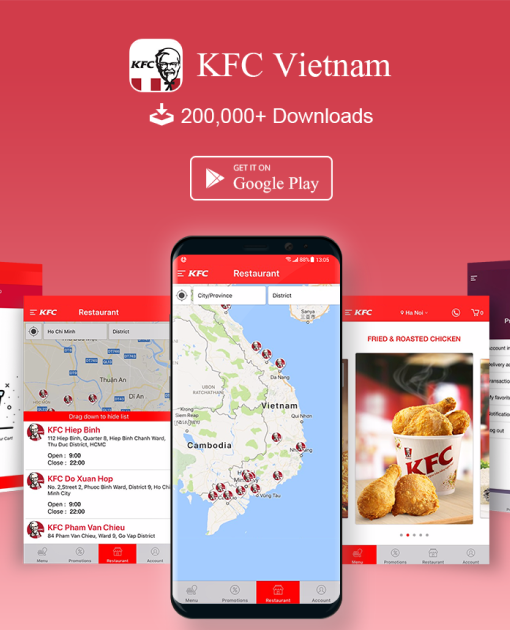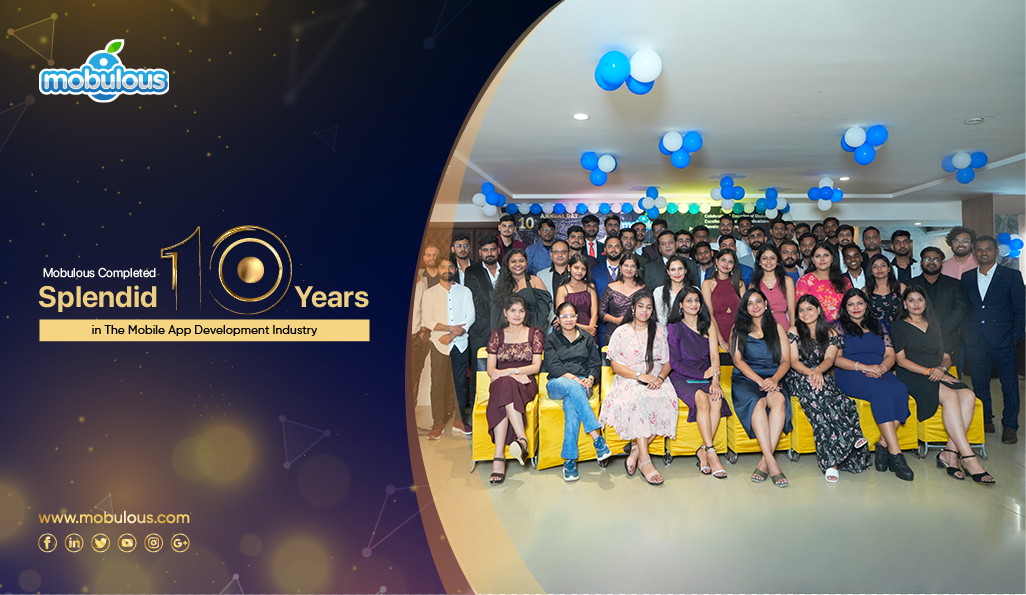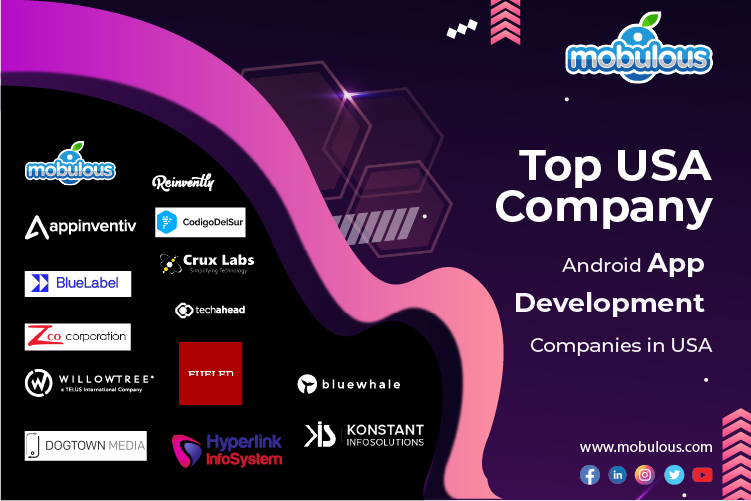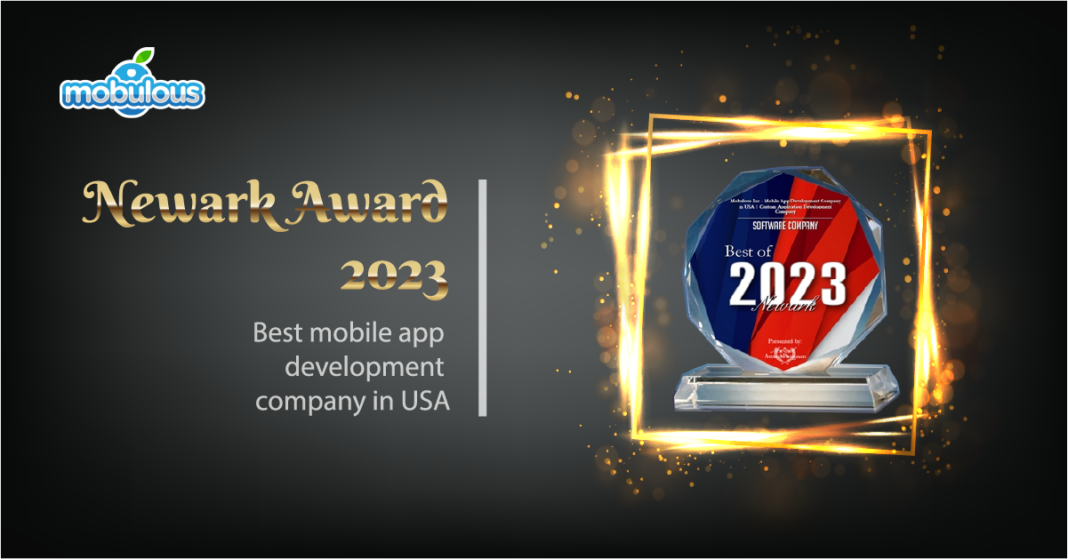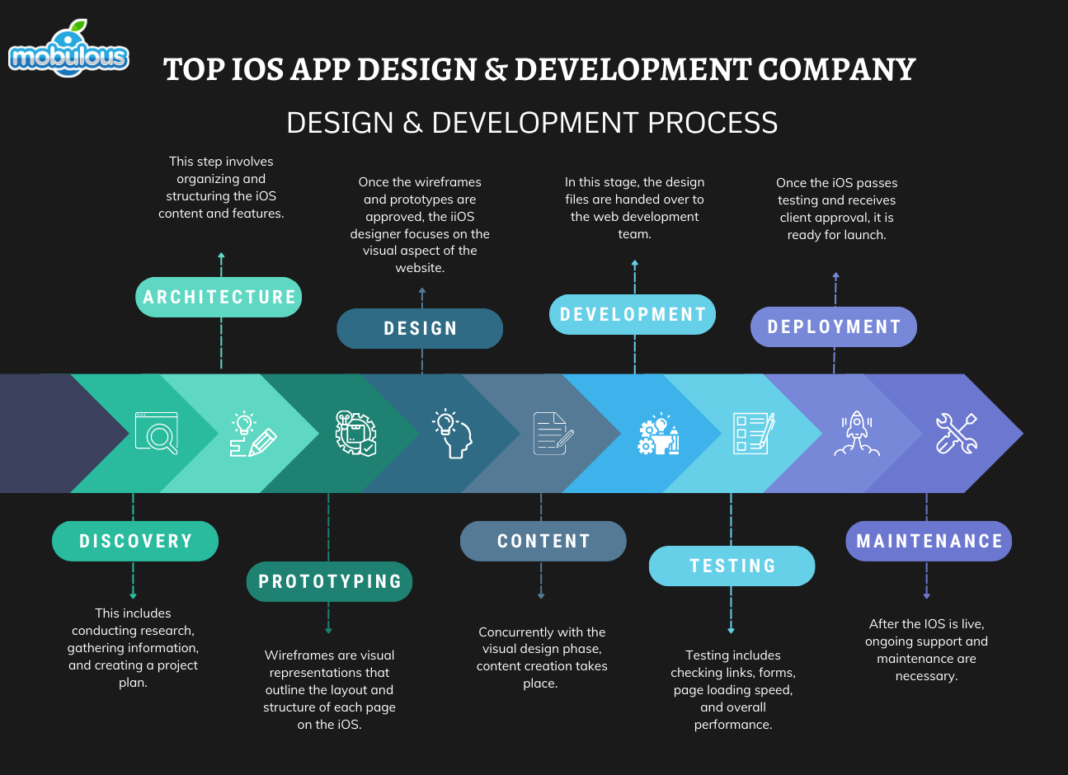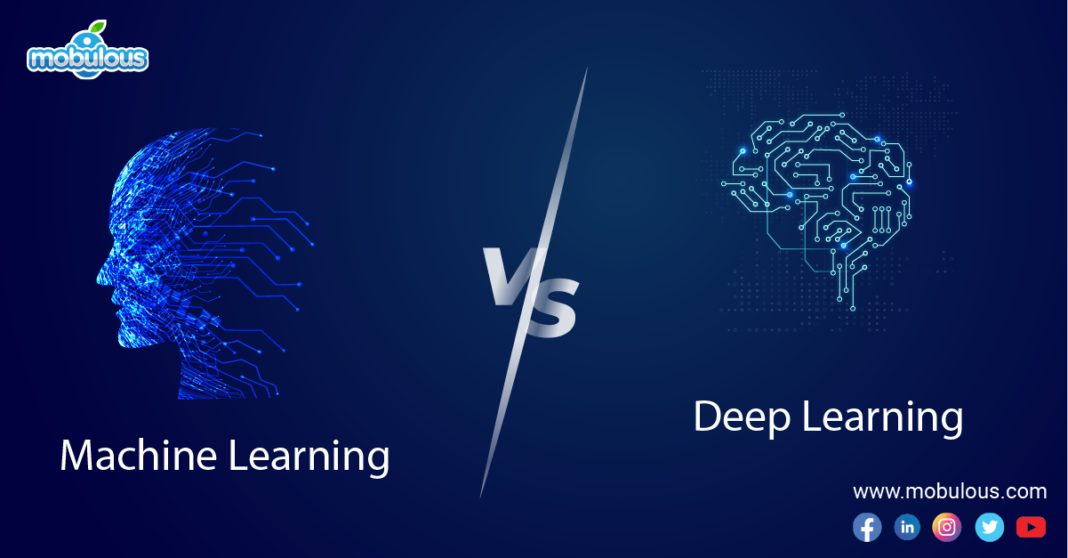What is Construction Software?
Construction software refers to specialized digital tools and apps specifically designed to simplify and optimize diverse prospects of construction projects. These solutions encompass project management, scheduling, resource allocation, budgeting, compliance tracking, and design collaboration.
By digitizing processes and centralizing information, construction software enriches efficiency, enhances communication, and reduces errors across teams involved in creating infrastructure development projects.
What is the Primary Purpose of Construction Software?
The central aim of construction software is to optimize general efficiency and productivity associated with the construction process by creating a single, all-inclusive locus for managing complex tasks, enhancing communications among all stakeholders, and streamlining time-consuming processes.
The construction software aims to minimize errors, delays, and costs through planning accuracy, tracking of real-time progress, and data-driven decision-making tools.
Besides, it promotes better resource allocation, ensures the project complies with regulations and enhances teamwork among professionals involved in the construction project, which eventually leads to successful project completion.
Key Features of Construction Software Development
Construction software development focuses on developing robust and user-friendly solutions customized to the exceptional necessities of the construction industry. The highly essential features usually incorporated into construction applications are mentioned below comprehensively:
1. Project Management Dashboard
A centralized interface that gives an overview of the project status, key performance indicators, and timelines: This feature allows quick access to required information, thereby enabling better-informed decisions on the part of the project manager and other stakeholders.
2. Resource Allocation and Scheduling
Tools for effective assignment of personnel, materials, and equipment across project tasks. It has features relating to schedule creation and management and optimization of utilization coupled with tracking of resource availability, thus avoiding bottlenecks or delays.
3. Budget and Cost Management
Functionalities for developing comprehensive project budgets, forecasting costs, and tracking expenses, enabling real-time monitoring of financial performance, identification of potential budget overruns, and generation of cost reports.
4. Document Management System
Centralized document repository for sharing and organizing project documents, specifications, and drawings and has version control, access permissions, and collaboration capabilities to ensure that everybody uses the latest available information.
5. Building Information Modeling (BIM) Integration
Functions to integrate BIM software, which creates easy collaboration between the design and construction parties with opportunities for 3D visualization, data exchange, and clash detection to enhance coordination in projects and reduce mistakes.
6. Mobile Accessibility
Cross-platform mobile apps enable on-site teams to access and update project information in real-time and include features like digital forms, photo documentation, and offline functionality for use in areas with limited connectivity.
7. Reporting and Analytics
Advanced reporting tools to create customized project reports and performance analytics to inform stakeholders of project progress, financial metrics, and resource utilization for data-driven decision-making and continuous improvement.
8. Communication and Collaboration Tools
Include all features of messaging, task assignment, and file sharing to enhance collaboration from the team, discussion boards, real-time notifications, and video conferencing to keep all stakeholders informed and aligned.
9. Safety and Compliance Management
Modules for managing and handling safety protocols, tracking incidents, ensuring regulatory compliance, and including features for generating compliance reports, conducting safety audits, and maintaining digital records of training and certifications.
10. Estimation and Bidding Tools
Last but not least, estimation and bidding tools are functionalities for creating accurate cost estimates and competitive bids. This feature integrates with material databases and historical project data in order to simplify the estimation process and enhance bid accuracy.
How to Create and Manage a New Construction Project?
Creating and managing a new construction project involves several crucial steps in order to ensure successful execution. As a result, we have come up with five easy steps to help you create and manage a new construction project efficiently. These steps are mentioned below:
1. Project Initiation and Planning
Define project scope, objectives, and deliverables. Conduct feasibility studies, create a project charter, and develop a comprehensive project plan outlining timelines, budget estimates, and resource requirements. Identify key stakeholders and establish communication protocols.
2. Design and Pre-Construction
Collaborate with architects and engineers in order to develop detailed specifications and obtain permits and approvals from relevant authorities. Conduct site surveys and environmental assessments. Prepare bid documents and select contractors through a competitive bidding process.
3. Resource Allocation and Scheduling
Assign tasks to team members and subcontractors depending on their expertise and availability. Create a detailed project schedule with the help of crucial tools like Gantt chargers. Set milestones and deadlines for every phase of the construction software project.
4. Construction Phase Management
Monitor progress against the project plan, addressing any deviations promptly. Conduct regular site inspections and quality control checks. Handle change orders and resolve conflicts as they arise. You must ensure adherence to the safety regulations and environmental standards throughout the construction process.
5. Project Closure and Handover
Conduct final inspections and address any outstanding issues or defects. Prepare and submit all required documentation, including as-built drawings and operation manuals. Hand over the finished project to the clients and operate a post-project review in order to determine and recognize lessons learned.
Can the Construction Software Generate Reports On Project Status, Budget, and Resources?
Yes, construction software typically includes robust reporting capabilities. These tools are able to generate detailed reports on project status, resource utilization, and budget performance. Users are able to customize reports to focus on specific metrics, project aspects, or timeframes.
Real-time data integration enables up-to-date insights that enable project managers to make informed decisions, communicate progress, and identify potential issues early efficiently to stakeholders.
Can You Track Inventory and Materials Within the Software?
Yes, many construction software solutions offer inventory and material tracking functionalities that enable users to monitor stock levels, manage procurement processes, and track material usage across diverse projects.
The software can often integrate with suppliers’ systems for real-time price updates and automatic reordering. This capability helps prevent shortages, optimize storage, reduce waste, and enhance cost control throughout the construction process.
What Programming Languages and Frameworks Are Best Suited for Construction Software Development?
The choice of programming languages and frameworks for construction software development entirely depends on specific requirements, but several options are commonly used which are mentioned below comprehensively:
1. Java: Java is specifically known for its scalability and platform independence and is often used for building robust enterprise-level construction management systems.
2. C#: C# is particularly beneficial for developing Windows-based apps or integrating with Microsoft technologies that are commonly used in the construction industry.
3. Python: Python is especially valued for its simplicity and robust data processing capabilities that make it highly suitable for analytics and machine learning components in construction software.
4. JavaScript (With Frameworks like React, Vue.js, or Angular): JavaScript is ideal for creating responsive and interactive web-based interfaces for construction management tools.
5. .NET Frameworks: .NET Frameworks are usually leveraged for building comprehensive construction management solutions, specifically in Windows environments.
6. Ruby on Rails: Ruby on Rails is effective for the quick development of web-based construction management apps.
7. PHP: PHP is still leveraged for web-based construction management systems, specifically when integrating with existing web technologies.
What Database Architecture Should Be Used to Manage Extensive Project Data (e.g. Blueprints, Timelines, and Budgets)?
For managing extensive project data in construction software, a robust and scalable database architecture is essential. Some of the most essential considerations are mentioned below comprehensively:
1. Relational Databases: Systems like PostgreSQL and MySQL are usually leveraged for structured data like budgets, timelines, and resource allocation and they offer strong consistency and are perfect for complex queries.
2. NoSQL Databases: MongoDB or Cassandra can be beneficial for handling unstructured or semi-structured data, including project notes or dynamic form data, and offer high scalability and flexibility.
3. Hybrid Approach: Incorporating relational and NoSQL databases provides a balance between structure and flexibility.
4. Document Databases: For storing large files like blueprints and CAD drawings, specialized file storage, and document-oriented database systems may be integrated.
5. Time-Series Databases: For tracking project progress over time, time-series databases like InfluxDB can be beneficial.
6. Cloud-Based Solutions: Leveraging cloud databases (e.g., Amazon RDS, Google Cloud SQL) can provide scalability and reliability for large-scale projects.
7. Data Warehousing: For analytics and reporting across diverse projects, implementing a data warehouse solution can be beneficial.
The architecture should also be considered as follows:
- Data security and access control.
- Backup and disaster recovery.
- Performance optimization for large data sets.
- Integration capabilities with other construction tools and systems.
What Security Protocols Should Be Implemented to Protect Sensitive Project Data?
Protecting sensitive project data in construction software is essential to maintain confidentiality, integrity, and availability of information. Here are the four security protocols that need to be implemented:
1. Data Encryption
Implement strong encryption algorithms for data at rest and in transit. Use industry-standard protocols like SSL/TLS for network communications.
Leverage end-to-end encryption for sensitive documents and communications. Update the encryption methods regularly in order to stay ahead of the potential vulnerabilities.
2. Access Control and Authentication
Execute multi-factor authentication for user access. Leverage role-based access control (RBAC) to limit data access depending on their user roles.
Implement strong password policies and regular password changes and execute session timeouts and automatic logouts for inactive users in order to prevent unauthorized access.
3. Regular Security Audits and Penetration Testing
Conduct periodic security audits in order to identify vulnerabilities in the system. Perform penetration testing to simulate real-world attacks and assess system defenses.
Update and patch software regularly in order to address known security issues and maintain detailed logs of all system access and activities for audit trails.
4. Data Backup and Disaster Recovery
Implement regular automated backups of all project data and store backups in secure and off-site locations or encrypted cloud storage.
Build and test a comprehensive disaster recovery plan and ensure quick data restoration capabilities in order to reduce downtime in case of data loss or system failure.
How to Integrate GPS, Drones, and Other Site Technology Into the Platform?
1. GPS Integration
Build APIs in order to integrate GPS data from on-site devices. Implement real-time location tracking for equipment and personnel and create geofencing capabilities in order to monitor site boundaries and restricted areas.
Leverage GPS data in order to automate time and attendance tracking for workers on construction sites and integrate GPS coordinates with project maps and plans for accurate positioning of assets and progress tracking.
2. 2. Drone Integration
Develop modules in order to import and process drone imagery and video feeds and create algorithms for automated site surveying and progress monitoring with the help of drone data.
Execute 3D mapping capabilities in order to build accurate site models from drone imagery and integrate drone-captured data with BIM models for enriched visualization and planning. Ensure compliance with local drone regulations and execute secure data transmission protocols.
3. IoT Sensor Integration
Develop interfaces in order to connect with diverse IoT sensors in the construction sites, and implement real-time monitoring of environmental conditions, safety parameters, and equipment performance.
Build alert systems for abnormal readings or potential hazards detected by sensors and create data analytics tools in order to process and visualize sensor data for informed decision-making.
Ensure scalability to handle and manage large volumes of data from diverse sensors across multiple projects.
Best Approach For Building Role-Based Access Control (RBAC) For Different Team Members (Managers, Contractors, Workers)
Implementing an effective Role-Based Access Control (RBAC) system for a construction software platform involves several key steps:
1. Define Roles: Clearly identify and define distinct roles within the construction project ecosystem. Common roles might include Project Managers, Site Supervisors, Contractors, Subcontractors, Workers, Architects, Engineers, and Clients.
2. Determine Permissions: For each role, specify the exact permissions and access levels required. This includes read/write access to different types of data, the ability to create or modify documents, access to financial information, etc.
3. Create a Role Hierarchy: Establish a hierarchical structure of roles where higher-level roles inherit permissions from lower-level roles. For example, a Project Manager might have all the permissions of a Site Supervisor, plus additional high-level access.
4. Implement the Principle of Least Privilege: Ensure each role has the minimum level of access necessary to perform its functions. This reduces the risk of unauthorized access or accidental data manipulation.
5. Design Flexible Assignment: Create a system where users can be assigned multiple roles if necessary, allowing for flexibility in complex project structures.
6. Implement Dynamic RBAC: Consider implementing dynamic RBAC that can adjust permissions based on project phase, location, or other contextual factors.
7. User Authentication: Integrate strong user authentication methods, including multi-factor authentication for roles with high-level access.
8. Regular Audits and Reviews: Implement a system for regular audits of user roles and permissions. This helps ensure that access rights remain appropriate as project needs evolve.
9. Self-Service Portal: Develop a self-service portal for role requests and approvals, streamlining the process of granting or modifying access.
10. Logging and Monitoring: Implement comprehensive logging of all access attempts and changes to permissions for security and compliance purposes.
How to Incorporate AI or ML For Predictive Analytics or Project Optimization?
Incorporating AI and ML intro construction software can significantly improve predictive analytics and project optimization. The most important approaches to implement these technologies are mentioned below comprehensively:
1. Data Collection and Preparation
Gather historical project data such as costs, timelines, outcomes, and resource allocation. Cleanse and normalize the data in order to ensure accuracy and consistency.
Execute data pipelines to collect and process new project information continuously for real-time analysis and model updates.
2. Predictive Modeling for Project Timelines
Create machine learning models in order to predict project completion times depending on the historical data.
Leverage techniques like regression analysis or neural networks to account for diverse factors affecting timelines. Refine the models continuously with the latest project data in order to enhance accuracy over time.
3. Cost Estimation and Budget Optimization
estimates, and execute machine learning models in order to recognize potential cost overruns and suggest optimization strategies.
Leverage reinforcement learning techniques to adapt allocation strategies depending on project performance.
4. Resource Allocation Optimization
Develop AI-powered scheduling algorithms to optimize resource allocation across projects. Enforce machine learning models in order to predict necessities depending on the project characteristics.
Leverage genetic algorithms or constraint programming to solve complex and sophisticated resource allocation problems effectively.
5. Risk Assessment and Mitigation
Train ML or machine learning models in order to identify potential risks depending on the project attributes and historical data. Execute natural language processing in order to examine project documents and identify risk factors.
Develop AI-driven recommendation systems to suggest risk mitigation strategies depending on successful past projects.
Benefits of Partnering With the Robust Construction Software Development Company
Partnering with a robust construction software development company can significantly enrich your project management capabilities and overall business efficiency. Here are the six crucial benefits of such a partnership:
1. Industry-Specific Expertise
A specialized construction software development company brings a deep understanding of construction industry challenges and requirements.
This ensures the development of customized solutions that address specific pain points, enhance overall project efficiency, simplify workflows, and address specific pain points that result in software that truly meets the necessities of construction professionals.
2. Customized Solutions
Rather than settling for one-size-fits-all software, a dedicated construction software development company can build tailored solutions for the construction industry.
These bespoke apps are specifically designed to align efficiently with your unique business processes, organizational structure, and project types, maximizing the effectiveness and user adoption of the software.
3. Scalability and Future-Proofing
A robust construction software development company designs software with scalability in mind that ensues your business grows seamlessly and hassle-free.
The software can seamlessly accommodate increased data volume, functionality requirements, and user numbers safeguard your investment, and reduce the need for rapid system overhauls.
4. Continuous Support and Maintenance
Partnering with a dedicated construction software development company provides ongoing technical support and maintenance that includes regular updates, bug fixes, and performance optimizations.
Continuous support ensures your software remains efficient, secure, and up-to-date with the latest industry standards and technological advancements.
5. Integration Capabilities
A skilled construction software development company can build software that integrates seamlessly with your existing systems and third-party applications.
This integration capability enriches data flow, reduces manual data entry, and creates a more cohesive technology ecosystem within your organization, improving overall operational efficiency.
6. Data Security and Compliance
A robust construction software development company prioritizes data security and regulatory compliance. They implement advanced security measures, stay updated on industry regulations, and ensure your software adheres to data protection standards.
This focus on security minimizes risks and helps maintain your business’s reputation in the long run.
Steps to Partner With the Best Construction Software Development Company
Selecting the right construction software development company is essential for the success of your digital transformation efforts. You must follow these seven key steps that will help you partner with the best construction software development company for your needs:
1. Define Your Requirements
Clearly outline your specific needs, challenges, and goals for the construction software. Identify key features, integration requirements, and scalability needs.
Involve stakeholders from various departments to ensure comprehensive requirement gathering. This clarity will help you evaluate the best potential construction software development company more effectively.
2. Research Potential Partners
Conduct thorough research to identify a construction software development company. Look for their industry experience, portfolio of completed projects, and client testimonials.
Consider factors like company size, location, and technological expertise to create a shortlist of potential partners.
3. Evaluate Technical Expertise
Assess the technical capabilities of a shortlisted construction software development company. Look for expertise in relevant programming languages, frameworks, and technologies specific to construction software.
Evaluate its experience with integrations, mobile development, and emerging technologies like AI and IoT in construction applications.
4. Review Past Projects and Case Studies
Examine detailed case studies and past projects similar to your requirements. This review helps gauge the construction software development company’s ability to handle projects of your scale and complexity.
Request demonstrations of relevant software they've developed to assess the quality and user-friendliness of their solutions.
5. Assess Communication and Project Management Approach
Evaluate the construction software development company’s communication style and project management methodologies. Look for transparency, responsiveness, and a collaborative approach.
Ensure they have clear processes for requirement gathering, development sprints, testing, and deployment. Good communication is crucial for project success.
6. Consider Long-Term Partnership Potential
Assess the construction software development company’s ability to provide long-term support and maintenance. Inquire about their update cycles, support services, and ability to scale the software as your business grows.
A good construction software development company should be capable of evolving the software to meet your changing needs over time.
7. Conduct In-Depth Discussions and Negotiations
Engage in detailed discussions with top construction software development companies. Discuss project timelines, milestones, pricing models, and contract terms.
Pay attention to their willingness to understand your business deeply and offer strategic advice. Negotiate terms that ensure a mutually beneficial long-term partnership.
 Contact us
Contact us



















